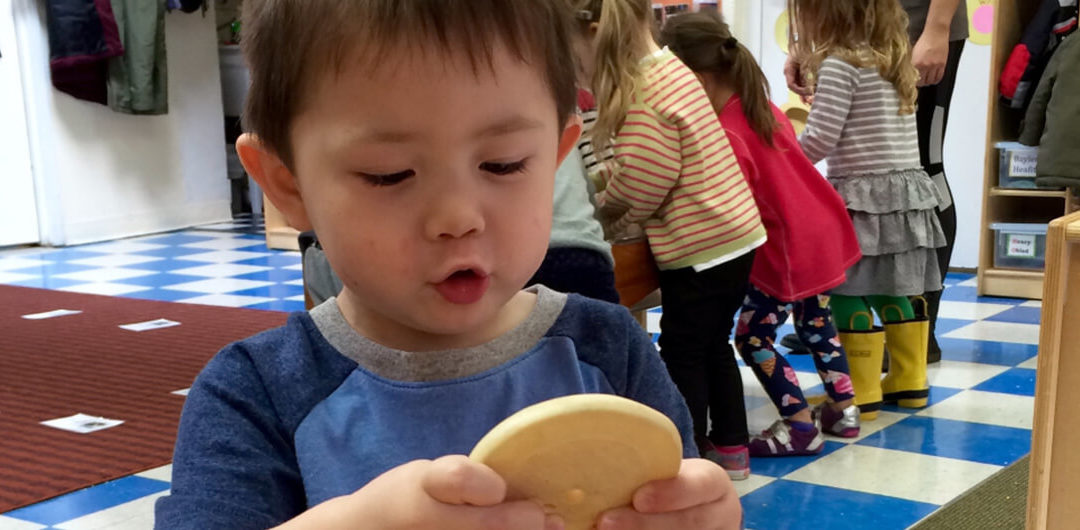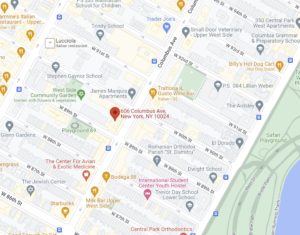When parents or guardians are on the hunt for a preschool for their toddler, the typical first two questions a preschool director gets asked are “Do you have any openings?” and “What’s the cost?” After that, parents often have no idea what question to ask. With many options out there for the preschool age set, parents face a daunting task of finding the right program to enroll their son or daughter. Here is some advice on some of the types of questions to pose when searching for a preschool:
- What does the daily schedule look like?
Reading, drawing, singing, learning, interactive play, dynamic play, nap time, snack. These all sound pretty common, right? Make sure you don’t overlook some of the basic activities of what you want in your child’s day at school.
- What are the teachers’ credentials?
Does it matter to you if the teacher has an advanced degree? A college degree? The idiom “You can’t make a silk purse of a sow’s ear” is really important when it comes to your little one’s education. Don’t cut corners.
- What’s the teacher turnover rate at this school?
Having a low turnover rate at the school indicates that the teachers are happy with their jobs, their surroundings, their employer and their kids! A teacher’s longevity (and even better, multiple teachers’ longevity) is a positive sign not to be overlooked!
- What’s the balance between dynamic play activities (tag, soccer, gymnastics and jump rope) and static play activities (drawing, dramatic play, reading, sensory play, and building blocks)?
Opportunity for active and energetic play should be a factor when considering what you want your child to do during the course of his or her day. Some preschools provide a gymnastics or physical education component to their program, ensuring your child gets an adequate mix of both forms of play.
- How important is it to have an indoor and/or outdoor play space?
Take note of what type of play areas your school offers. When the sun is shining, an outdoor area is ideal, but make sure it’s convenient and safe. Do the kids need to walk far to get to it? Is it enclosed? Protected? What about when the weather isn’t so nice? Is there an indoor play space where they can run around and let off some steam? You might not want to consider these as just perks, but rather integral components.
- Do teachers read to their students throughout the day?
According to the report by the Commission on Reading, the SINGLE MOST IMPORTANT ACTIVITY for building knowledge for a child’s eventual success in reading is reading aloud to children. Separate from the fact that it’s fun, it should be an imperative.
- How much free play time do the students have?
Preschool age children are naturally exhausted after a day of school. Make sure there’s adequate down time or free time just to let them “be” for moments during the day.
- What types of art and music programs does the school have?
The value of arts and music in a preschooler’s classroom can’t be underestimated. Is it just finger painting, or possibly learning about different artists and mediums? Are they simply singing Row, Row, Row your Boat, or learning about different instruments? Take note, literally and figuratively.
- What is “exmissions” and how good is the school at it?
If you’re interested in your child securing a spot at a competitive private school, it’s critical to learn about the preschool’s exmissions program and offerings in advance. Does the school have good relationships with admissions reps at the ongoing schools? What’s the success rate with past students’ first and second-choice private schools? Does your preschool administration know how to offer sound advice based on your child’s abilities and personality? All important questions to ask and answers to learn – BEFORE you select!
- What is the school’s educational philosophy?
Consider what you really want when it comes to the end result of your child moving on to Kindergarten. Is it all academics, all play, a mix of both? One recent study showed that fourth-graders who attended play-based preschools outperform fellow students both academically and socially. Think about what’s right for you (and your child) from a philosophical standpoint and stick to it.
Most importantly, look for a preschool where the administration and staff are open and eager to answer your questions, even if it means visiting and calling numerous times! You’re making a big decision and having a preschool willing to spend the time guiding you through the search process is a good indicator of how they treat their current families.


 I am excited to introduce you to the many wonderful things about Columbus Pre-School that made me want to join as director 12 years ago.
I am excited to introduce you to the many wonderful things about Columbus Pre-School that made me want to join as director 12 years ago.